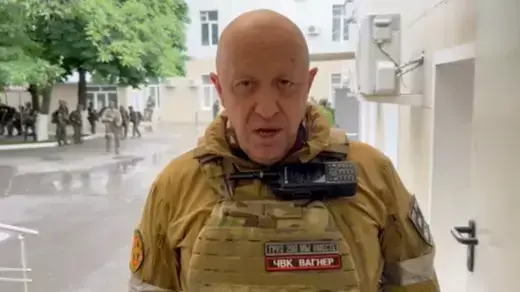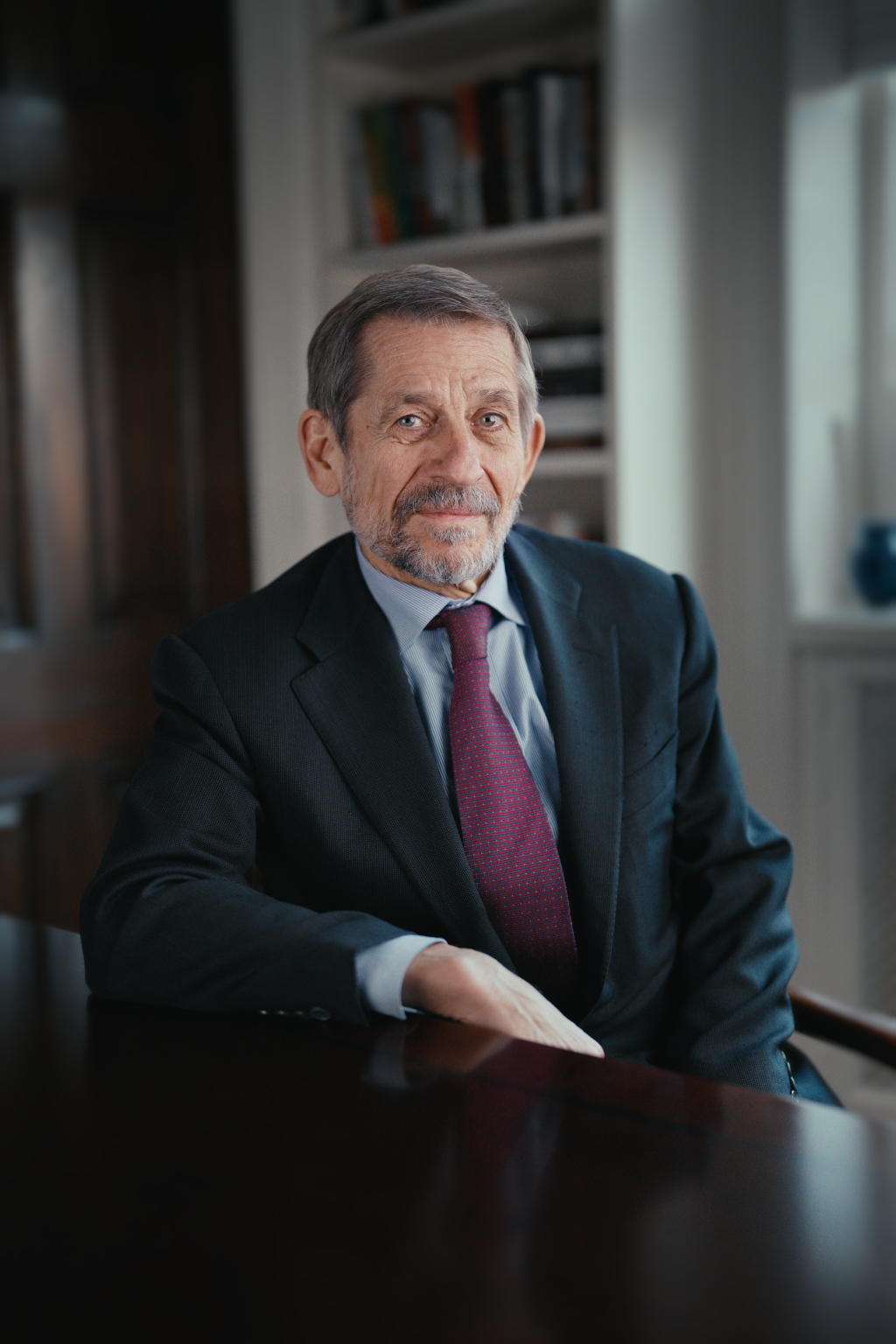Expect Changes in Russia as Response to Wagner Rebellion
The challenge to Russia’s military and leadership from the mercenary Wagner Group marks a setback to Putin’s stature and possibly the Ukraine war effort.
Does the insurrection of the Wagner forces pose a real threat of upheaval in Russia?
No. The country is not on the verge of a civil war or major upheaval, even if there is a not negligible level of discontent with the state of affairs across the country. President Vladimir Putin likely raised the specter of civil war to demonstrate that he is prepared to deal harshly with the mutineers, to persuade them to back down and to deter others from joining them, and to justify in advance the severe measures of repression he is now likely to introduce to ensure that no similar threat emerges in the future.
That said, in the aftermath of the rebellion, we should expect to see a government reshuffling. Someone will have to take the blame for not nipping the rebellion in the bud. It is a fair bet that Putin will not blame himself. There will be much finger pointing inside the Kremlin, as elite factions seek to save their own positions and erode their rivals’. The winners and losers will become more apparent in the next several weeks.
Who is Yevgeny Prigozhin and what is his relationship with Putin?
Prigozhin is a Russian ultranationalist businessman and the founder of the Wagner Group, a private military company of roughly 50,000 troops that has played a prominent role in the fighting in Ukraine off and on since 2014. It has deployed to Syria and Libya in support of Kremlin policies, seemingly at Putin’s behest, and provided security services to many African leaders, including in Sudan, Mali, and the Central African Republic. The group also engages in many commercial enterprises, especially in mining operations in Africa.

Prigozhin rose to prominence in the early 2000s as the head of a catering company that worked closely with the Kremlin, servicing many high-level meetings. That role earned him the sobriquet “Putin’s chef.” We do not know how close he is to the Russian president personally, but he certainly has a network of contacts inside the Kremlin and leverages the perception of ties to Putin to advance his business interests. Nevertheless, his ties to Putin did not deter him from launching the rebellion or Putin from labeling him an outlaw who should be severely punished.
The deal Belarusian President Alexander Lukashenko brokered, which dropped charges against Prigozhin and granted him safe passage to Belarus in return for his forces’ standing down, defused the immediate crisis. But it has done nothing to undo the damage to Putin’s prestige or the elite reckoning that will now unfold.
Why is Prigozhin so critical of the Russian military?
Since the beginning of the war in Ukraine, Prigozhin has accused the senior Russian military leadership, including the Minister of Defense Sergei Shoigu and Chief of the General Staff Valery Gerasimov, of corruption and ineptitude that has led to grave setbacks on the battlefields in Ukraine. But Prigozhin is not necessarily critical of the Russian military as a whole. Indeed, he has praised certain commanders, including Sergei Surovikin, the deputy commander of the forces operating in Ukraine, and urged that they be promoted into more responsible positions.
More recently, Prigozhin blasted senior Russian military leaders for not supplying his forces with sufficient ammunition and other support as his forces engaged in the effort to seize the town of Bakhmut in eastern Ukraine. Although his forces finally succeeded, Prigozhin charged that the casualties they suffered—tens of thousands dead—were the direct consequence of this lack of support.
Could the latest events have an impact on the course of the war itself?
At a minimum, the rebellion does nothing to lift the already-low morale of frontline Russian soldiers or improve the unity of command of the military operation. It will inevitably distract attention of Russia’s senior leaders from the war effort—and not only in the short-term. No matter how this rebellion ends, the Kremlin will have to devote greater resources to ensuring that no similar threat emerges in the future.
At the same time, we will see in coming days whether Kyiv is able to take advantage of the disarray in Russia to advance its ongoing counteroffensive. We should expect to see stepped-up efforts to probe for vulnerabilities along the line of contact and perhaps a flurry of attacks at targets inside Russia to heighten the sense of peril and compel the Kremlin to redirect men and matériel from Ukraine to internal security.
